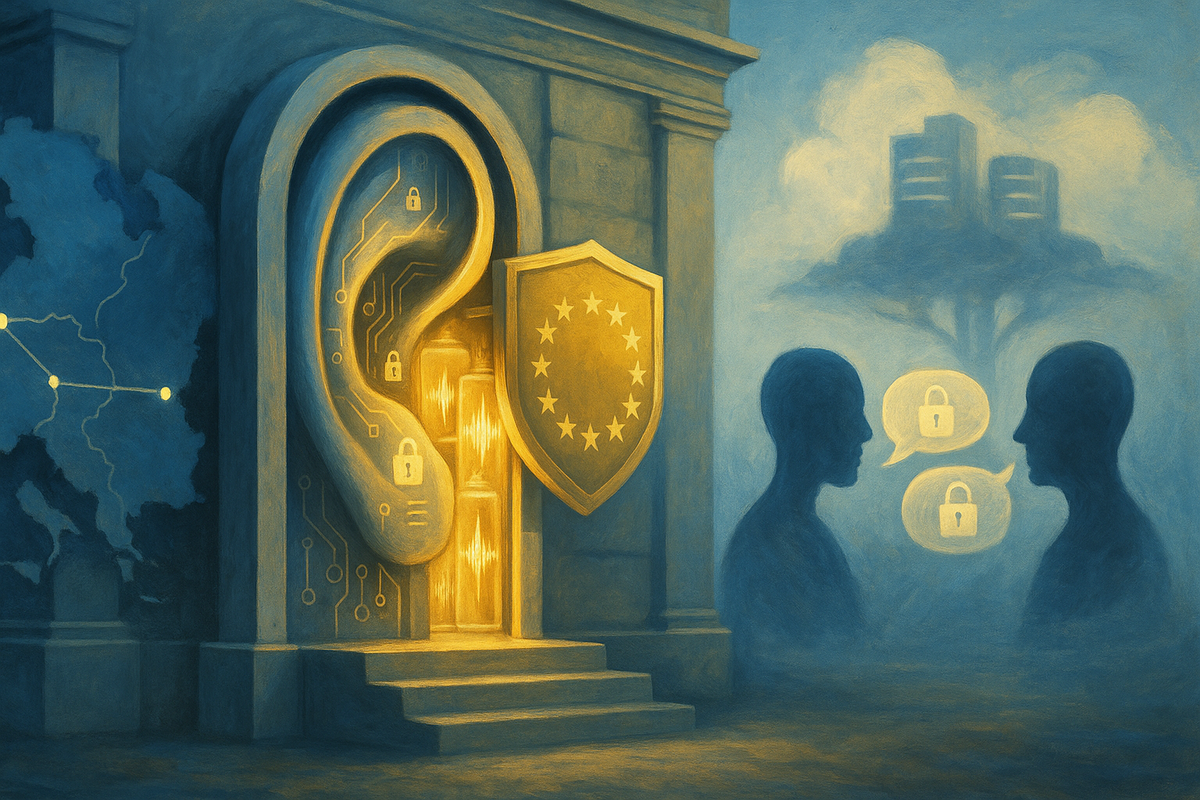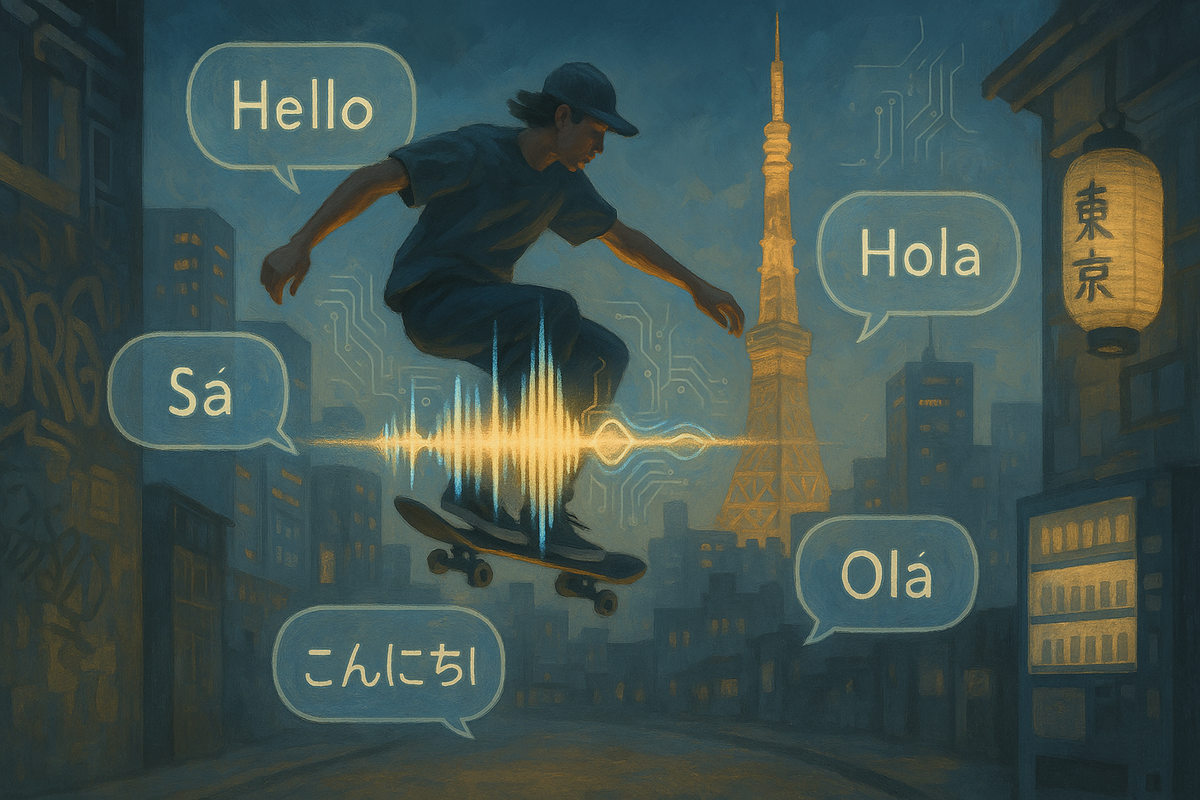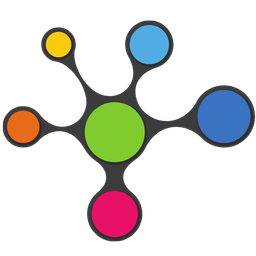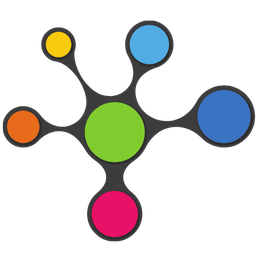💡 TL;DR - The 30 Seconds Version
🎵 ElevenLabs launched Eleven Music with licensing deals from Merlin Network and Kobalt Music Group already signed before going live Tuesday.
⚖️ Competitors Suno and Udio face lawsuits from Sony, Universal, and Warner seeking up to $150,000 per infringed work for alleged copyright violations.
🚫 The platform blocks users from prompting with artist names, song titles, or copyrighted lyrics through built-in safeguards.
💰 ElevenLabs raised $180 million in January 2025 and is valued at $3.3 billion, with 20 customers testing the service early.
🎤 The service generates studio-grade music in multiple languages across any genre, with vocals or instrumental tracks in minutes.
🏢 Major labels Universal, Sony, and Warner haven't signed licensing deals yet, but ElevenLabs hopes to negotiate with them eventually.
ElevenLabs just pulled off something most AI companies consider impossible: they launched an AI music generator without getting sued on day one. Their new service, Eleven Music, went live Tuesday with licensing deals already signed with Merlin Network and Kobalt Music Group. It's like showing up to a gunfight with a peace treaty.
The timing couldn't be more pointed. While competitors Suno and Udio face lawsuits seeking up to $150,000 per infringed work from Sony, Universal, and Warner, ElevenLabs CEO Mati Staniszewski decided to try a radical approach: ask first, generate later. The company secured rights deals with independent labels and publishers before writing a single line of code.
The product works exactly like you'd expect. Type "create a smooth jazz song with a '60s vibe and powerful lyrics, but relaxing for a Friday afternoon" and get a complete track with vocals and instruments in minutes. But the licensing strategy is what makes this interesting. By partnering with independent labels and rights agencies, they're creating what Staniszewski calls "legal cover for broad commercial use."
The Economics Make Sense
The business case is compelling, if a bit brutal for traditional music creators. For the cost of licensing one piece of stock music, you can use generative AI to create hundreds. Shelly Palmer, who lived through several production efficiency transitions in his music career, puts it bluntly: generative AI will "obliterate the economics of required creative."
These are utility tracks. The nondescript instrumental music under commercials that also feature sound effects and voiceovers. All of which can now be generated instead of licensed.
ElevenLabs won't let users type in artist names or song titles. Can't prompt for copyrighted lyrics either. The company's terms spell this out clearly - no real names, no song titles, no album names, nothing that would obviously copy existing work. Think of it as a photocopier that won't copy money.
The Major Label Problem
Of course, the major labels haven't signed on. Universal, Sony, and Warner represent the vast majority of popular music, and Staniszewski confirms they're "not using their data in our model." Whether you need the biggest artists' works to train a model remains unclear. But you probably need to reference them.
Most people are more likely to prompt "Give me a song that sounds like Bob Marley" than "I need a 72-96 bpm reggae groove with a one-drop pulse, skank guitar, and bubble organ." ElevenLabs hopes to strike deals with the majors eventually, but for now they're building without them.
The company gave 20 customers early access to test the service across film, TV, gaming, fitness apps, and individual creative projects. Laurent Hubert, CEO of Kobalt, said ElevenLabs has been "a collaborative partner, committed to sourcing data directly from rightsholders and protecting them."
Legal Backdrop Makes Timing Crucial
The legal context makes this launch particularly strategic. In June 2024, the three major labels sued Suno and Udio for "mass copyright infringement," seeking potentially billions in damages. Those same labels are now reportedly in licensing negotiations with the companies they sued. That's the more classical AI playbook: launch first, negotiate later.
ElevenLabs chose a different path. Merlin CEO Jeremy Sirota believes their deal proves "music rightsholders can negotiate thoughtful, forward-looking agreements with AI companies." Translation: Call us before you build, not after we sue you.
The tech handles jazz, rock, country - pretty much anything. Vocals or instrumental only. Works in English, Spanish, German, Japanese, and more languages. Users edit sections afterward if needed. ElevenLabs showed off sample tracks ranging from dreamy indie rock to ominous movie trailer music.
Commercial Clearing Changes Everything
What sets Eleven Music apart isn't just the licensing deals, but the commercial clearing. The service is approved for nearly all commercial uses, from film and television to podcasts and social media videos, from advertisements to gaming. That's the real value proposition for businesses: peace of mind.
ElevenLabs launched publicly in January 2023 and raised a $180 million Series C funding round in January 2025, valuing it at $3.3 billion. The company recently signed a training pact with SourceAudio, giving it access to millions of pre-cleared songs for AI training through SourceAudio's dataset licensing program.
The partnerships with Kobalt and Merlin will enable "premier artists and songwriters" represented by both organizations to participate in developing Eleven Music Pro, a subsequent model planned for release in the coming months. It's a way for artists to opt into AI training and get paid for it, rather than having their work scraped without consent.
The Real Test Ahead
As with everything in AI, the real test will be market adoption. If businesses embrace legally-cleared AI music over potentially infringing alternatives, it could establish a new standard for responsible AI development across creative industries. If not, we're heading for a messy legal future where innovation and litigation dance an expensive tango.
The music industry just got more interesting. And possibly more legally complicated. But at least one company decided to read the room before walking into it.
Why this matters:
• ElevenLabs proved you can launch AI music generation without immediate lawsuits by securing rights deals first - setting a precedent other AI companies will either follow or regret ignoring.
• The real battle isn't over AI music quality anymore, it's over who gets paid when algorithms replace musicians in commercial applications.
❓ Frequently Asked Questions
Q: What exactly is Merlin Network and how big is it?
A: Merlin represents over 20,000 independent record labels worldwide, including major indies like Beggars Group, Secretly Group, and PIAS. It's the digital rights agency that negotiates with streaming platforms on behalf of independent music companies globally.
Q: How much does ElevenLabs' service cost compared to licensing stock music?
A: ElevenLabs hasn't announced pricing yet, but stock music typically costs $50-500 per track for commercial use. The article suggests you could generate hundreds of tracks for the cost of licensing one traditional piece.
Q: What happens if I try to prompt for a famous song or artist?
A: The system blocks prompts containing artist names, song titles, album names, or substantial lyrics. You can't prompt "Beatles song" - the system stops you. Instead, you'd describe what you want: "British rock from the 1960s with tight harmonies."
Q: How fast can you actually make a song?
A: ElevenLabs claims you get a complete track with vocals and instruments within minutes. Obviously depends on how long and complex you want it, but it beats spending weeks in a recording studio.
Q: When is Eleven Music Pro coming and what's different about it?
A: Pro version arrives sometime in the next few months. It'll tap into premium artists and songwriters from Kobalt and Merlin - basically higher-quality source material. No word yet on features or what it'll cost.
Q: How's this different from Suno and Udio?
A: The tech does the same thing - you type, it makes music. But Suno and Udio are getting sued for billions by major labels. ElevenLabs got their legal paperwork sorted first.
Q: Can I use the generated music in YouTube videos, podcasts, and ads without extra fees?
A: Yeah, ElevenLabs cleared it for almost every commercial use you can think of - films, TV shows, podcasts, social media, ads, games. Their licensing deals cover broad usage rights.












